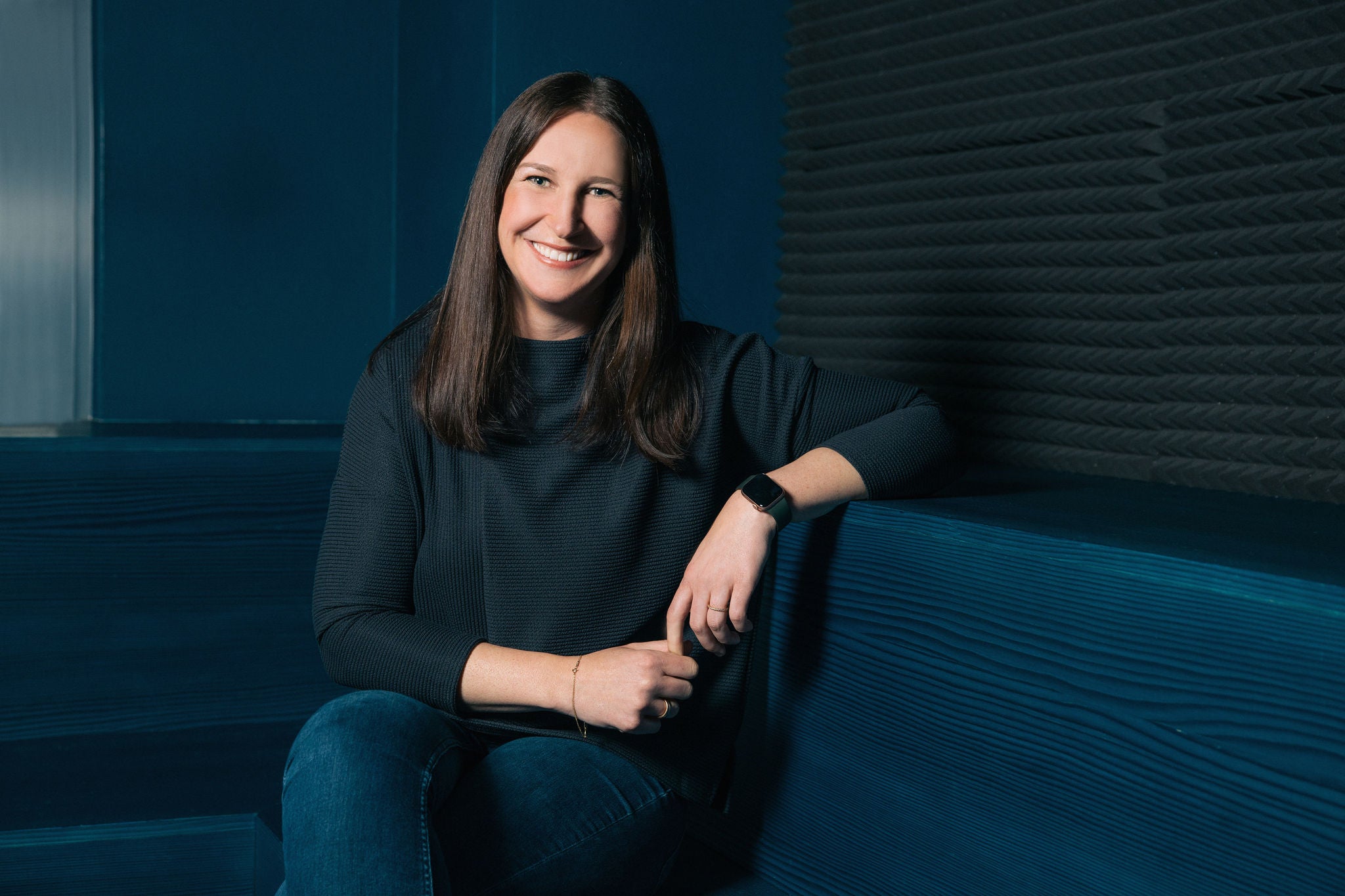
How AI is the key to the advertising effectiveness
The Emotion Engine enables us to understand and benchmark the impact of creation, and to optimise and predict it with AI. This has been tested by Egger, a privately owned brewery.
The pandemic, the war in Ukraine, soaring energy costs, and the threat of recession – there seems to be no end to the crises and their economic consequences. Consequently, marketing managers are also facing challenges in the efficient use of their budgets, while at the same time continuing to strengthen their brands. Here, the order of the day is transparency over what is actually achieved with the funds used for communication – ideally before the cash has been channelled into advertising. For some years now, Mediaplus has been able to control the effect of different media strategies and budget variants using the Brand Investor. The support of AI enables this strategic tool to analyse and assess innumerable campaign scenarios in real time, thereby ensuring maximum possible impact on future campaigns. On the other hand, to date, there have been no contemporary, lean, fast tools for enabling the performance of creative motifs to be measurable and optimisable before the start of a campaign.
Together with their cooperation partner ‘september Strategie & Forschung’, Mediaplus is now closing this research gap and is launching the Emotion Engine, Germany's first emotions database. A mixed methods process deduces the emotions evoked by individual creative elements in advertising media. For this purpose, the research team measure emotions using state-of-the-art psycho-physiological tools. Sensors measure physical reactions to advertising media based on 20 bio-signals, such as heartbeat, skin conductance, facial muscles, and pulse volume. From these implicitly measured data, the unique algorithm calculates seven KPIs relating to marketing, such as attraction, relevance, and empathy, in addition to the Emotion Loading Index (ELI), as an over-arching key figure. The ELI provides information on whether an item of advertising material shows above-average performance when compared by sector or overall. In addition, brief in-depth psychological interviews shed light on why the interviewees experienced an emotional pull from the advertising material, as revealed in the measurements. These measurements and interviews are superimposed for analysis and interpreted. The result then flows into the Emotion Engine where, for the first time, the emotional performance of creations across all channels can be compared, improved, benchmarked, and predicted , using AI.
We implemented the Emotion Engine for, among others, Egger. With the new positioning of the brand, the privately owned brewery in St. Pölten, Austria, is breaking with convention. The point of departure for their new advertising presence is a "rebellious, heroic, fabulous, good" brand DNA. Out of #BrauDich [have a beer] comes #TrauDich [dare yourself]: e.g. dare to love, scale the heights, dive into icy water, ride rodeo – all with a cold beer in between. However, sometimes a bottle gets broken.
A strong and energising spot, but does it reach the public? The emotional check by Mediaplus and september should be able to clarify this because moving away from convention and crossing boundaries is a balancing act, particularly when communicating anything to do with alcohol! However, Egger has managed it: the brand attained the incredible figure of 75.7 in the ELI. Its competitors, who were likewise investigated in the analysis, obtained values of between 48.7 and 73.4. The emotional check tests the spot second by second. For instance, when do empathy, attraction, relevance, and introspection increase? At which points do the curves level off and why? Moreover, what emotions are targeted by the campaign across diverse target groups? To summarise, the campaign achieved strong recall. The advert sticks in your mind! The imagery communicates lightness of spirit, zest for life, and the guts to leap right out of your comfort zone. Motivating, authentic and believable, the soundtrack echoes the imagery.
Nevertheless, there is room for recommendations: a young man, on his own with a beer on the roof of a tall building, triggers thoughts of danger and recklessness; the rodeo is seen as too American… some scenes have shortening potential in favour of those who perform strongly. These are valuable insights for Egger. However, they are just as valuable for other advertisers. New measurement data and evaluations, like those of the Egger campaign, are constantly flowing into the Emotion Engine. It serves as a benchmark database for the investigation of any further campaignsand by the end of 2022, it should contain the emotional effects of more than 2,000 advertising media from the most diverse sectors and channels. Thus, the next milestone in the symbiosis of psychology and artificial intelligence is also in sight: "Emotion Engine goes predictive" – it will be possible to forecast the emotional effect of advertising media.
For the very first time, with these two AI-based modelling systems of Brand Investor and Emotion Engine, we can now measure and predict the effect of creation and media from a single source. The result is a significantly higher degree of advertising impact and certainty over campaign success.
Author: Andrea Malgara, Managing Partner Mediaplus


